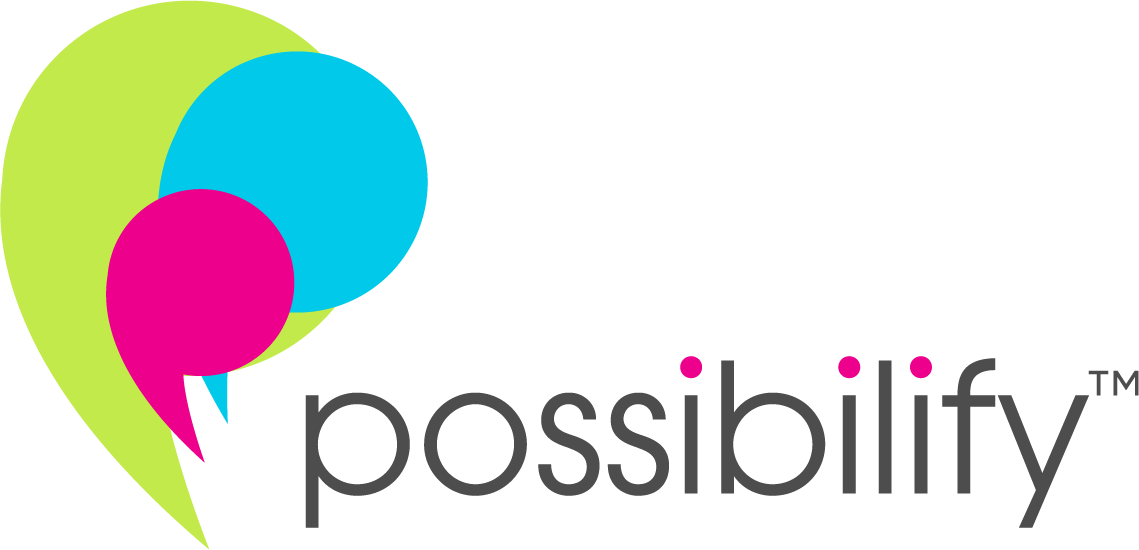- Books are Our Friends - September 17, 2020
- Eat What’s On Your Plate (But Be Careful What You Put On It) - July 16, 2020
My father always used to say while we were growing up: “We have two rules in this house: 1) Books are our friends and 2) Eat up what’s put in front of you!” He said this as though it were a beacon of good news. Only two rules! Of course, there were many more rules but I often reflect on how these two particular rules influenced my life. (In this article, I reflect on Rule #2. Here’s my article on Rule #1: Books are our friends.)
I believe the second key rule – to eat up what’s put in front of you – helped me develop a deep sense of commitment. It also helped me develop persistence and a dogged, unrelenting commitment to getting better. I won’t claim that everything always came easily to me. For a 6 foot guy to compete internationally on the indoor and outdoor volleyball stage, it took deep commitment and determination to compete at the level I was able to get to. (If six feet sounds tall, think of the NBA!)
I spent 3 years on the Canadian indoor national team and helped qualify our team for the Barcelona Olympics in 1992. I was also named the MVP of the University of Toronto Varsity Men’s Volleyball team in 1992. In 1996, I participated in the inaugural Beach Volleyball Olympic competition in Atlanta.
When I look back at my life and reflect on my achievements and my failures, I ponder how this all came to be. Could these family rules have contributed to my mindset of dogged persistence and helped me achieve all of these things?
“Eat up what’s put in front of you,” is an all-or-nothing mandate. Eat up ALL that is given to you. I think the simplicity of the concept helps. There is no wiggle room. When I eat, I’m totally committed to eating everything on my plate. It’s simple. It doesn’t matter if I’m full or I don’t like it. I eat it. Done. No time or energy is wasted in deciding whether it’s right or not, I just do it.
An American Beach volleyball great, Sinjin Smith used to joke about me being like a two-stroke engine: “Johnny Two-Stroke.” Fully on, or off – nothing in between. This tendency to tackle things “fully on” has helped me accomplish many things. If a job is worth doing, it’s worth doing right. Putting my best effort in has never left me wondering, could I have done better or should I have tried harder? As Ted Key said: “Every job is a self-portrait of the person who did it. Autograph your work with excellence.”
“Eat up what’s put in front of you” may have come from my parents’ upbringing during the war. They value food and hate wasting anything. And they have passed on these values to me. I like to finish what’s on my plate. I like to get the last bit out of the peanut butter jar and the toothpaste tube. Finishing what I start gives me a deep sense of satisfaction.
Now some might consider me an over-committer. Over time, I have come to realize the dangers of my strict adherence to this rule. I may eat more than I want or need. I may eat my children’s food because I can’t bear seeing food go to waste. And so, for my children, I have modified the rule “Eat what you take.” I encourage them to be respectful of food and not take large portions without trying it first.
So how has this mindset of commitment affected other parts of my life?
This lesson from my parents about the importance of commitment has served me well throughout my life. I have realized that along with commitment an equally important value is discernment.
As an athlete, I’ve had the good fortune of having good coaches. These coaches have taught me about the importance of developing the skill of discernment. A good coach is one who discerns where the time should be committed in order to achieve the team’s goals. This takes time and effort, and often during performances (practices and especially games), the strengths and weaknesses of the team become evident. It’s like studying for a test. It is important that you study long and hard to prepare for a test. But if you don’t study the right things, you fail.
These twin ideas of commitment and discernment can be applied to many problems we face in our lives. It’s important to take action. But if you don’t discern the best path, consider the pitfalls and obstacles, and collect all the data available, the likelihood of achieving your goals will diminish. Constant feedback and adjustments are necessary. We need to analyze the data and come up with a plan to solve the problem. We need to discern before we commit.
“Eat up everything that’s put in front of you.” Go ahead… do it… just make sure to take that first important step to make careful and discerning choices about what should be put on your plate in the first place. Discern the best path forward and then commit. Wholeheartedly. Fully on. Be Johnny Two-Stroke. You might just be surprised to uncover what you are fully capable of.
We would love to hear your thoughts in the comments section below and if you enjoyed this article, share it!
Photo by Hermes Rivera on Unsplash


Recent Comments